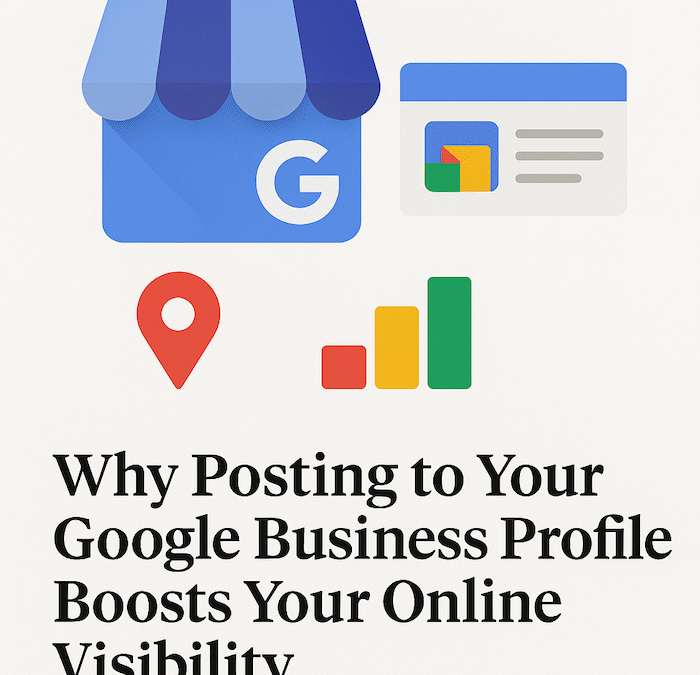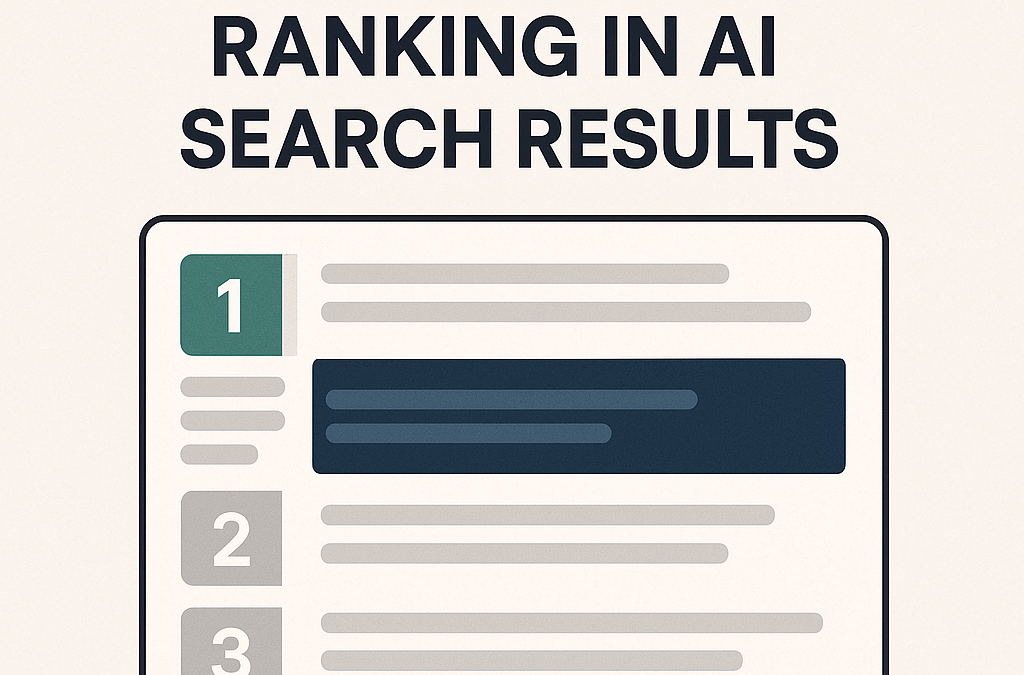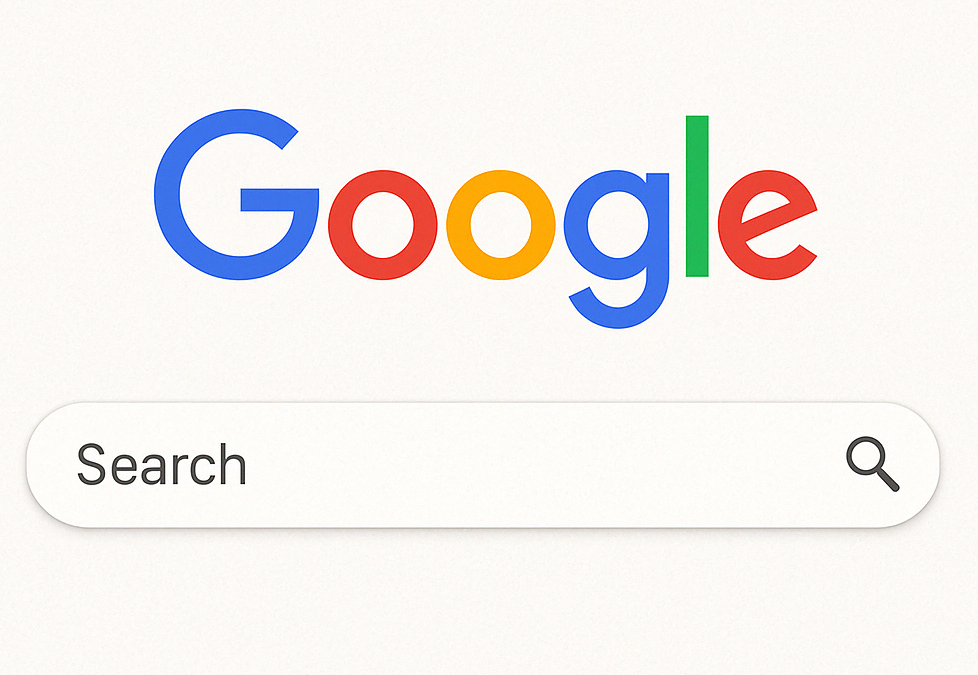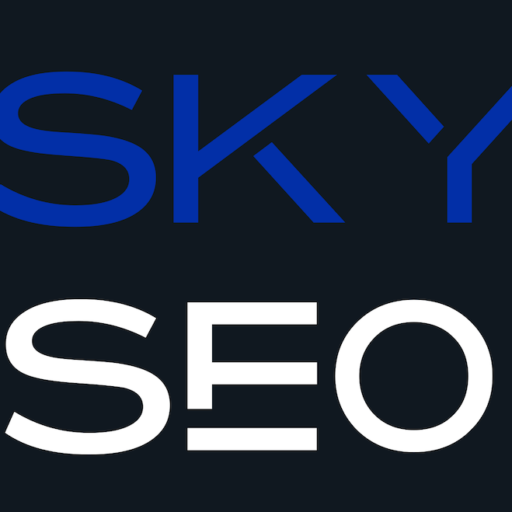Introduction
Bard and ChatGPT are both large language models, but they are trained on different datasets. Bard is trained on a massive dataset of text and code, while ChatGPT is trained on a dataset of text and code that is smaller but more specific. This means that Bard is able to generate more natural-sounding text and is better at understanding complex prompts.
Bard’s larger dataset gives it a better understanding of the English language and how it is used. This allows it to generate more natural-sounding text that is more likely to be understood by humans. ChatGPT’s smaller dataset makes it more specialized in a particular field, such as technology or business. This allows it to generate more detailed and accurate text about specific topics.
Training
Bard is trained on a massive dataset of text and code, while ChatGPT is trained on a dataset of text and code that is smaller but more specific. This means that Bard is able to generate more natural-sounding text and is better at understanding complex prompts.
Integration with Google Search
Bard is more closely integrated with Google Search because it is a large language model chatbot that is designed to help users find information on the web. When you ask Bard a question, it can access information from Google’s search results to provide more accurate and up-to-date answers. ChatGPT, on the other hand, is a chatbot that is designed to have conversations with users. It does not have access to Google’s search results, so it can only provide information that it has been trained on.
This means that Bard is better suited for tasks that require accuracy and up-to-date information, such as answering questions about factual topics or providing instructions on how to do something. ChatGPT is better suited for tasks that require creativity and entertainment, such as generating poems or telling jokes.
Available Languages
Bard is currently only available in English, while ChatGPT is available in a wider range of languages, including Spanish, French, Arabic, Mandarin, Italian, Japanese and Korean. This is because ChatGPT was first released in 2021, and has had more time to be trained on a wider range of data. Bard, on the other hand, was only released in 2023, and is still under development.
However, Google has said that they are working to make Bard available in more languages in the future. They have also said that they are working to improve Bard’s ability to understand and respond to questions in different languages.
In the meantime, if you are looking for a chatbot that can understand and respond to questions in a wider range of languages, then ChatGPT may be a better option for you. However, if you are looking for a chatbot that is still under development and is being continuously improved, then Bard may be a better option for you.
Performance
In a recent study, Bard and ChatGPT were compared on their ability to answer questions about factual topics and generate text. Bard was found to be more accurate than ChatGPT in answering questions about factual topics, while ChatGPT was found to be more creative in generating text.
Bard’s accuracy may be due to the fact that it is trained on a larger dataset of factual information. ChatGPT’s creativity may be due to the fact that it is trained on a larger dataset of creative text.
The study’s findings suggest that Bard and ChatGPT may be better suited for different tasks. Bard may be better suited for tasks that require accuracy, while ChatGPT may be better suited for tasks that require creativity.
However, it is important to note that the study was conducted with a limited sample size. Further research is needed to confirm these findings.
Bard Vs. ChatGPT
Here are some specific examples of how Bard and ChatGPT differ in their capabilities:
- Bard is able to generate more natural-sounding text than ChatGPT. For example, Bard can generate a news article that sounds like it was written by a human journalist, while ChatGPT’s news articles may sound more robotic.
- Bard is better at understanding complex prompts than ChatGPT. For example, Bard can understand a prompt like “Write a poem about the beauty of nature,” while ChatGPT may not be able to understand this prompt.
- Bard is more closely integrated with Google Search than ChatGPT. This means that when you ask Bard a question, it can access information from Google’s search results to provide more accurate and up-to-date answers. For example, if you ask Bard “What is the capital of France?”, it will be able to access Google’s search results to tell you that the capital of France is Paris. ChatGPT, on the other hand, does not have access to Google’s search results, so it would not be able to tell you the answer to this question.
- Bard is currently only available in English, while ChatGPT is available in a wider range of languages. This means that if you are not fluent in English, you may not be able to use Bard. ChatGPT, on the other hand, is available in a wider range of languages, so you may be able to use it even if you are not fluent in English.
Final Thoughts
Bard and ChatGPT are both powerful AI chatbots that can be used for a variety of tasks. However, there are some key differences between the two chatbots. Bard is powered by a newer language model that is trained on a wider range of data, and it is more closely integrated with Google’s search engine. ChatGPT, on the other hand, is powered by a language model that is trained on a smaller range of data, and it is not integrated with Google’s search engine.
Overall, Bard is a more general-purpose language model, while ChatGPT is a more specialized language model. Bard is better at generating natural-sounding text and understanding complex prompts, while ChatGPT is better at generating detailed and accurate text about specific topics.
Ultimately, the best chatbot for you will depend on your specific needs and preferences. Sign-up for Bard here.









